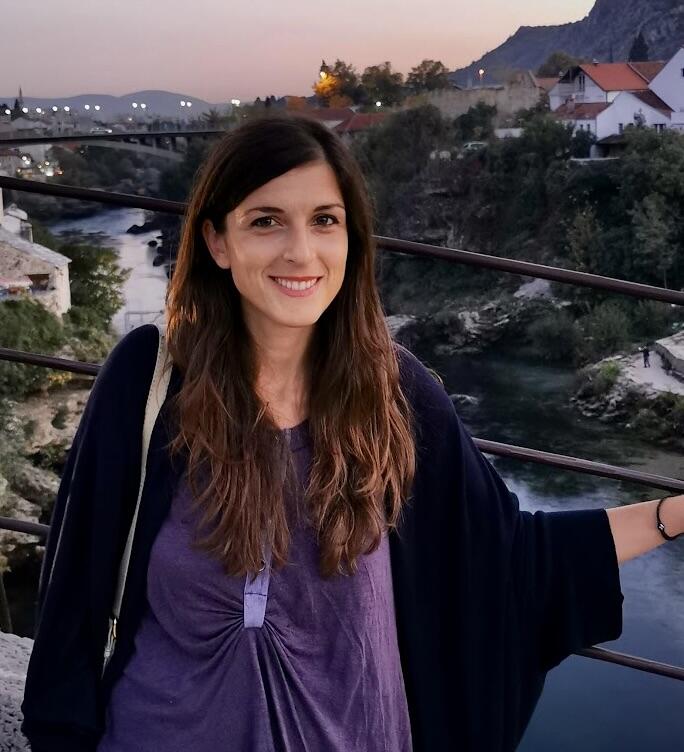Hizbullah and the many faces of ‘resistance’ in Lebanon
What is Hizbullah and who are its supporters? How did it emerge and what explains its strength?

Main content
Marina Calculli
Marie Skłodowska Curie Global Fellow, Sciences Po Paris / Columbia University
How and to what extent will the current Israeli assault on Lebanon impact the future of the movement?
Over the past four decades, the Lebanese armed Hizbullah movement has transformed from a relatively small radical organisation into a key player in Lebanese and regional political, military, cultural, and social affairs.
Hizbullah has coped with and survived multiple attacks by international powers, especially the United States and Israel. Over the past couple of months, US-backed Israeli forces have launched a new military assault on Lebanon, once again aimed at eliminating Hezbollah.
The intensity and scope of this assault is unprecedented. Not only has Israel assassinated several of the movement’s leaders. It has also deliberately targeted civilians and civilian infrastructure, especially in the Southern and Eastern parts of Lebanon and in Beirut, waging an indiscriminate war against the entire society Hezbollah originates from.
Marina Calculli is a scholar of International Relations. Her research sits at the intersection of International Relations, History, Law and Political Theory. She concentrates on Middle East security, political violence, and the role of religious and secular ideas in world politics.
Moderator: Pelle Valentin Olsen, Associate Professor, UiB

